
♦ عنوان: حال کامل | بخش اوّل
♦ درس: 07
♦ مرجع: کتاب Grammar in Use سطح متوسط (intermediate)
![]() | گرامر این درس از اهمیّت بالایی در بخش اسپیکینگ آزمون آیلتس دارد |
| گرامر این درس از اهمیّت بالایی در بخش اسپیکینگ آزمون آیلتس دارد |
♥ در این مقاله که بخش اوّل آن می باشد، قصد داریم تا درباره ی ساختار زمان حال کامل یا همان present perfect صحبت کنیم و نکات لازم مربوط به این زمان را با یکدیگر مرور نماییم.

1) Tom can’t find his key. He‘s lost his key (he has lost his key.)
2) he has lost his key = he lost it [درس 5] and he doesn’t have [درس 2] it now.
ترجمه (1): تام نمی تواند کلیدش را پیدا کند. او کلیدش را گم کرده است.
ترجمه(2): او کلیدش را گم کرده است به این معناست که = او در زمان گذشته کلیدش را گم کرد (lost) و هنوز تا زمان حال (now) آن را پیدا نکرده است.

طرز تهیه ساختار حال کامل؛
3) I / you / we / they + have + past participle (pp) of the verb
– I have watched the movie | you have watched the movie
ترجمه: من این فیلم را دیده ام. | تو این فیلم را دیده ای.
4) he / she / it + has + past participle (pp) of the verb
– he has watched the film | she has watched the film
ترجمه: او (پسر) فیلم را دیده است. | او (دختر) فیلم را دیده است.
![]() توجه: در این بخش مفهوم داری به نام جزء سوم یا جزء مفعولی (pp)، که اگر افعال با قاعده باشند، با اضافه کردن (ed)، به دست خواهد آمد و اگر فعل موردنظر جزء افعال بی قاعده باشد، باید آن را به خاطر سپرد. لیست افعال بی قاعده در لینک زیر به صورت فایل پی دی اف قرار داده شده است. ( توجه کنید که ستون دوم حالت گذشته ساده و ستون سوم حالت جزء سوّم می باشد)
توجه: در این بخش مفهوم داری به نام جزء سوم یا جزء مفعولی (pp)، که اگر افعال با قاعده باشند، با اضافه کردن (ed)، به دست خواهد آمد و اگر فعل موردنظر جزء افعال بی قاعده باشد، باید آن را به خاطر سپرد. لیست افعال بی قاعده در لینک زیر به صورت فایل پی دی اف قرار داده شده است. ( توجه کنید که ستون دوم حالت گذشته ساده و ستون سوم حالت جزء سوّم می باشد)
![]() | جدول افعال بی قاعده برای جزء سوّم فعل |
| جدول افعال بی قاعده برای جزء سوّم فعل |
به طور مثال، برای فعل work (کارکردن) که جزء افعال با قاعده می باشد، گذشته ساده به صورت worked، و جزء سوم به صورت worked، به دست می آید. این در حالیست که برای فعل write (نوشتن) که جزء افعال بی قاعده می باشد، گذشته ساده به صورت wrote، و جزء سوم به صورت written به دست خواهد آمد.
سوالی کردن ساختار حال کامل
برای سوالی کردن ساختار حال کامل نیاز است تا have / has در ابتدای جمله و پیش از فاعل قرار بگیرند. به مثال های زیر توجه کنید.
5) Have you seen Mike recently?
ترجمه: آیا تو اخیراً مایک را دیده ای؟
6) What has she studied in the university?
ترجمه: او در دانشگاه چه چیزی خوانده است؟
منفی کردن ساختار حال کامل
برای منفی کردن ساختار حامل کامل نیاز است تا از not بعد از have / has استفاده نمایید به مثال های زیر توجه نمایید.
7) I have not (haven’t) seen you for ages.
ترجمه: من تو را برای سالهاست ندیده ام.
8) She has not (hasn’t) talked with Mike.
ترجمه: او با مایک صحبت نکرده است.
![]() خب بریم یکم بیشتر درباره حال کامل (present perfect)، بحث کنیم. ما معمولا از حال کامل برای دادن اطلاعات جدید (خبر جدید) نیز استفاده می کنیم. به مثال های زیر دقت کنید.
خب بریم یکم بیشتر درباره حال کامل (present perfect)، بحث کنیم. ما معمولا از حال کامل برای دادن اطلاعات جدید (خبر جدید) نیز استفاده می کنیم. به مثال های زیر دقت کنید.
9) Ow! I‘ve cut my finger. (new information)
ترجمه: آخ، من انگشتمو بریده ام.
10) The road is closed. There has been an accident. (new information)
ترجمه: جاده بسته است. یک تصادف رخ داده است.
11) Police have arrested two men in connection with the robbery.
ترجمه: پلیس دو مرد مرتبط با سرفت را دستگیر کرده است.
![]() یکی دیگر از موارد استفاده از حال کامل این است که ارتباطی با زمان حال وجود داشته باشد. یعنی عملی در گذشته رخ داده است ولی اثر آن تا زمان حال (now) ادامه یافته است. خب بریم سراغ مثال؛
یکی دیگر از موارد استفاده از حال کامل این است که ارتباطی با زمان حال وجود داشته باشد. یعنی عملی در گذشته رخ داده است ولی اثر آن تا زمان حال (now) ادامه یافته است. خب بریم سراغ مثال؛
12) Tom has lost his key. (= he doesn’t have it now.)
ترجمه: تام کلیدش را گم کرده است. (= به این معنیست که از گذشته گم کرده و هنوز تا الان کلیدش را پیدا نکرده است.)
13) He told me his name but I have forgotten. (= I can’t remember it now.)
ترجمه: او اسمش را به من گفت امّا من (آن را) فراموش کرده ام. (= به این معناست که نامش را از گذشته فراموش کرده و تا الان به خاطر نیاورده است)
14) Sally is still here. She hasn’t gone out. (= She is here now.)
ترجمه: سالی هنوز اینجاست. او بیرون نرفته است. ( = به این معناست که …)
| مقایسه been to و gone to |
ابتدا دو جمله زیر را بخوانید و تلاش کنید که تفاوتشان را حدس بزنید.
15) James is on holiday. He has gone to Italy.
16) Amy is back home now. She has been to Italy.
ترجمه (15): جیمز الان در تعطیلات به سر می برد. او به ایتالیا رفته است ( یعنی = الان در ایتالیا هست یا در مسیر به سمت ایتالیاست.)
ترجمه (16): اِمی الان به خانه بازگشته است. او به ایتالیا رفته است ( یعنی = او به ایتالیا رفته است امــّـــــا برگشته است.)
| just, already, yet |
just = a short time ago [چند دقیقه (لحظه) پیش]
17) ” Are you hungry?” No, I have just had lunch.
ترجمه: آیا تو گشنه هستی؟ نه، من همین چند دقیقه (لحظه) پیش ناهار خوردم.
18) Hello. Have you just arrived?
ترجمه: سلام. آیا تو همین چند دقیقه ( لحظه) پیش رسیدی؟
already = sooner than expected [قبلاً]
19) Don’t forget to pay the bill. “I’ve already paid it”
ترجمه: فراموش نکنی که صورت حساب رو پرداخت کنی. ” قبلاً پرداخت کرده ام”
20) What time is Mark leaving? “He has already left”
ترجمه: مارک چه ساعتی میخواد اینجا رو ترک کنه؟ ” او قبلاً رفته است”
Yet = until now [هنوز]
از “yet” استفاده می کنیم که نشون بدیم انتظار اینو داشتیم که چیزی اتفاق افتاده باشه.
![]() از “yet” در جملات سوالی و منفی استفاده می کنیم.
از “yet” در جملات سوالی و منفی استفاده می کنیم.
21) Has it stopped raining yet?
ترجمه: آیا باران هنوز در حال باریدن است؟
22) I’ve written the email, but I haven’t sent it yet.
ترجمه: من ایمیل را نوشته ام، اما هنوز آن را ارسال نکرده ام.
![]() نکته جالب این است که شما می توانید به جای غالب فعل های به کار رفته در این درس یعنی، حال کامل ساده، ار زمان گذشته ساده [درس5] نیز استفاده کنید. به مثالهای زیر توجه کنید:
نکته جالب این است که شما می توانید به جای غالب فعل های به کار رفته در این درس یعنی، حال کامل ساده، ار زمان گذشته ساده [درس5] نیز استفاده کنید. به مثالهای زیر توجه کنید:
23) Ben isn’t here. He has gone out. or He wen out.
24) “Are you hungry?” “No, I’ve just had lunch.” or “No, I had just lunch.”
 Exercise | تمارین
Exercise | تمارین
7.1) Read the situations and complete the sentences using the present perfect. Choose from these verbs:
| break, disappear, go up, grow, improve, lose, shrink, stop |
1. Tom is looking for his key. He can’t find it. [ He’s lost his key ]
2. Maria’s English wasn’t very good. Now it is better. [ Her English has improved ]
3. My bag was here but it isn’t here anymore. [ My bag has disappeared. ]
4. Lisa can’t walk and her leg is in plaster. [ Lisa has broken her leg. ]
5. Last week the bus fare was £ 1.80. Now it it £2. [ The bus fare has gone up. ]
6. Dan didn’t have a beard before. Now he has a beard. [ Dan has grown a beard. ]
7. It was raining ten minutes. it isn’t raining now. [ It has stopped raining. ]
8. I washed my sweater, and now it’s too small for me. [ My sweater has shrunk now. ]
7.2) Put in been or gone.
1. My parents are on holiday. They‘ve gone to Italy.
2. Hello! I‘ve just been to the shops. I’ve bought lots of things.
3. Tom has just gone out. He’ll be back in about an hour.
4. Alice isn’t here at the moment. I don’t know where she‘s gone.
5. You’re very late. Where have you been?
7.3) Complete the sentences using the present perfect.
1. Sally is still here. She hasn’t gone (she / not / go) out.
2. I can’t find my bag. Have you seen it (you / see / it) anywhere?
3. I can’t log on to the website. I have forgotten (I / forget) my password.
4. I sent Joe an email this morning. But he hasn’t replied (he / not / reply).
5. Is the meeting still going on, or has it finished? (it / finish)
6. The weather has changed. (the weather / change) It’s colder now.
7. You haven’t sign (you / not / sign) the form. Could you sign it now, please?
8. Are you friends still here, or have they gone (they / go) home?
9. Paul doesn’t know what he’s going to do. he hasn’t decided yet. (he / not /decide / yet)
10. ” Do you know where Julia is? ” ” I’ve just seen her. ” (I / just/ see)
11. ” When is David going away? ” ” he has already gone. ” (he / already / go)
12. A: Has your course started yet? (your course / start / yet)
B: Not yet. It starts next week.
![]() توجه: در این تمرین شما میتوانستید از زمان گذشته ساده (درس 5) نیز به صورت زیر استفاده کنید.
توجه: در این تمرین شما میتوانستید از زمان گذشته ساده (درس 5) نیز به صورت زیر استفاده کنید.
– Have you seen it? <==> Did you see it?
– He hasn’t replied. <==> He didn’t reply.
7.4) Read the situations and write sentences with “just“, “already” or “yet“.
1. After lunch you go to see a friend at her house. She says “Would like to something to eat?”
You say: No, thank you. I’ve had just lunch. (have lunch)
2. Joe goes out. Five minutes later, the phone rings and the caller says, “Can I speak to Joe?”
You say: I’m afraid, He has just gone out. (go out)
3. You are eating in a restaurant. The waiter think you’ve finished and starts to take your plate away.
You say: Wait a minute! I haven’t finished it yet. (not / finish)
4. You plan to eat at restaurant tonight. You phone to reserve a table. Later your friend says, “Shall I phone to reserve a table?”
You say: No, I’ve already done it. (do it)
5. You that Lisa is looking for a place to live. Perhaps she has been successful.
You ask her: Have you found a place to live yet? (find)
6. You’re still thinking about where to go for you holiday. A friend asks you “Where are you going for your holiday?”
You say: I haven’t decided yet. (not / decide)
7. Laura went out, but a few minutes ago she returned. Somebody asks: “Is Laura still out?”
You say: No, She has just come back. (come back)

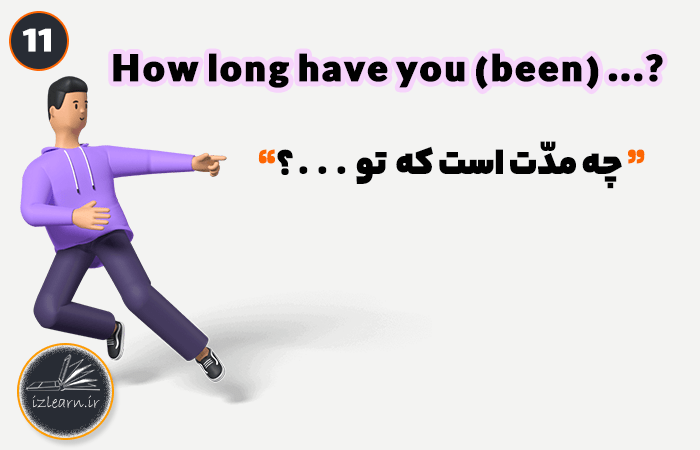
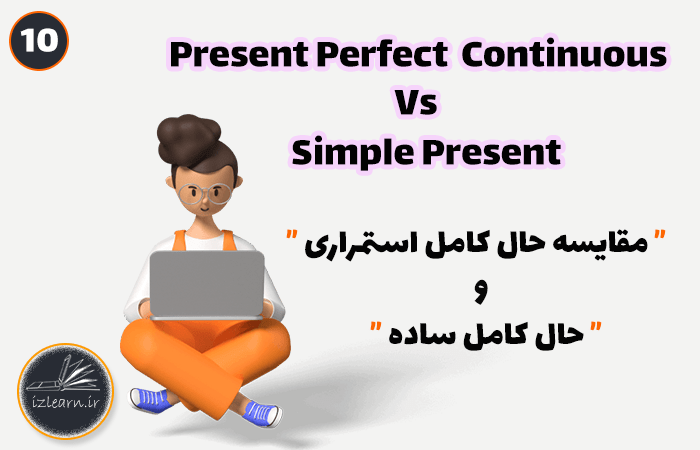
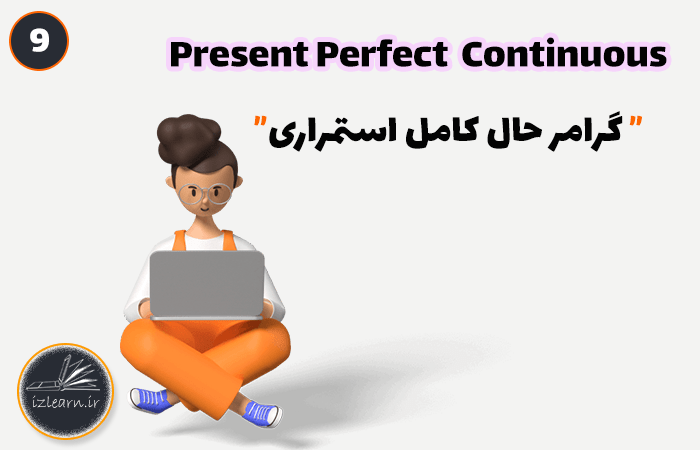
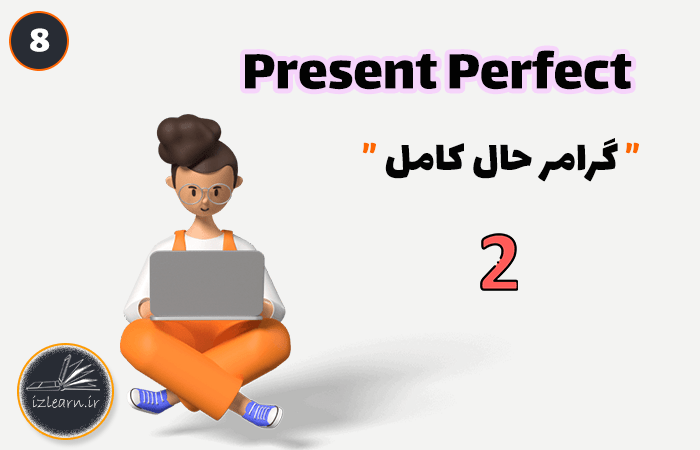
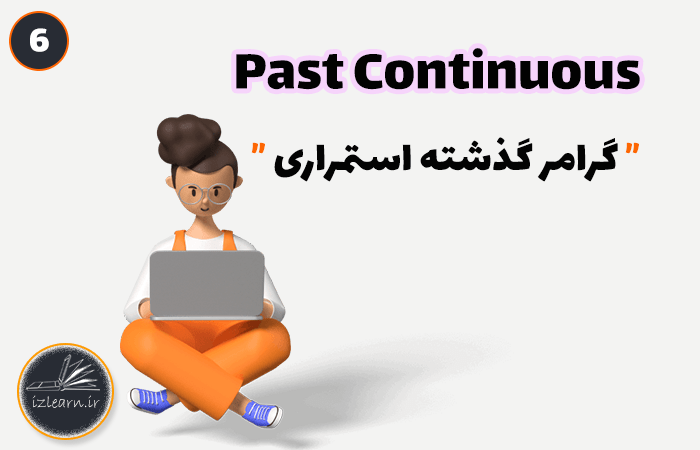

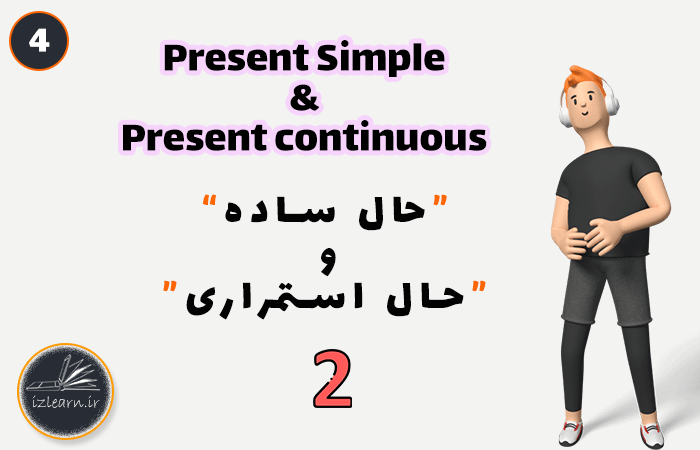
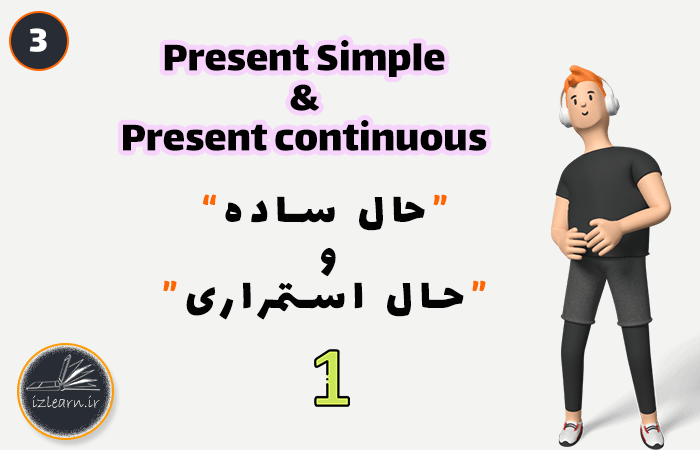

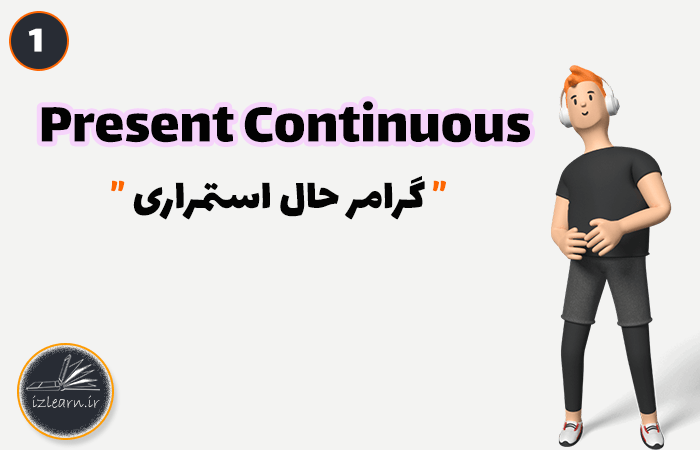


1 دیدگاه. ارسال دیدگاه جدید
I just ⅼike the valuable info yoս provide on ү᧐ur articles.
I ԝill bookmark your weblog аnd check aցain here regularly.
Ӏ’m ѕomewhat ѕure I will learn a lot օf new stuff гight rіght
here! Ԍood luck foг thе foⅼlowing!